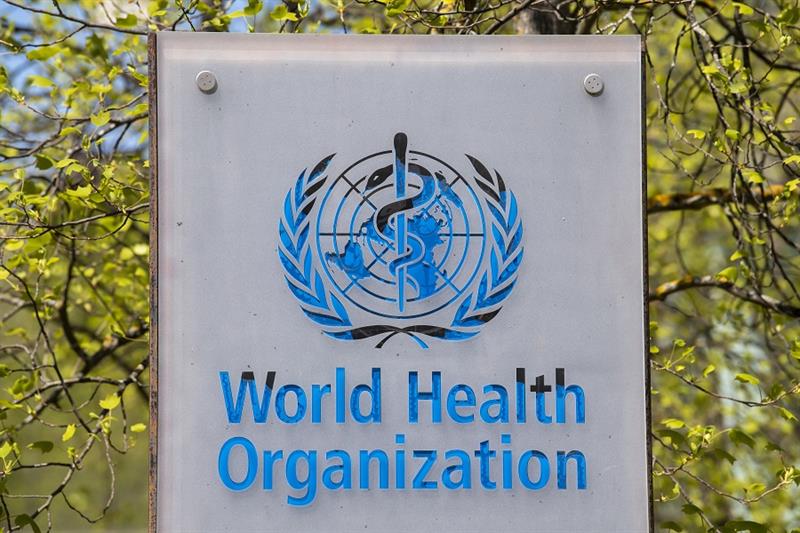
The logo and building of the World Health Organization (WHO) headquarters in Geneva, Switzerland, 15 April 2020. AP
In a statement issued on Tuesday, the United Nations health agency said there was ``a growing body of evidence regarding the value of an additional booster dose'' for groups including health workers, people aged over 60 and those with weak immune systems.
The WHO said its expert group had assessed the limited data from seven studies for second booster doses of messenger RNA vaccines, saying there wasn't enough information proving their effectiveness in younger, healthy people.
``In those most at risk for severe disease or death ... the additional benefit of an additional booster dose of mRNA vaccine might be warranted,'' the WHO said, acknowledging that there could be logistical or other challenges to offering people a second booster dose in some countries. While many rich countries have vaccinated more than 70% of their populations, fewer than 16% of people in poorer countries have been immunized.
Last year, the WHO repeatedly criticized rich countries for offering booster doses and called for a moratorium on the practice, saying boosters were unnecessary for healthy people. The agency reversed its advice late last year amid the spread of the hugely infectious omicron variant, after dozens of countries began offering booster doses.
Some health experts have warned that countries embarking on additional booster campaigns could deplete the world's supply of COVID-19 vaccines before the most vulnerable people in developing countries have been offered a single shot.
The U.S. Food and Drug Administration recommended in March that Americans 50 and over be eligible for a second COVID-19 booster shot while the European Medicines Agency has only cleared second booster doses for those 80 and over.
Amid the continuing spread of omicron and its subvariants, the WHO and others have continued to call for accelerated vaccination campaigns.
``What we are seeing is that people who are vaccinated have a much reduced risk of developing severe disease and death,'' said WHO's COVID-19 lead Maria Van Kerkhove, warning against the false perception that omicron is mild. ``We have solutions for this because we have vaccines,`` she said.
Short link: